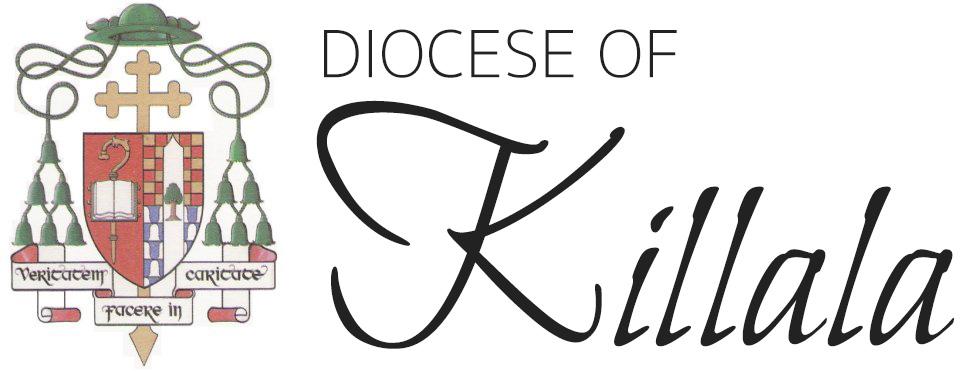In his recent letter, The role of literature in formation, published at Saint John Lateran, Rome, on 17 July last, Pope Francis highlights the transformative power of literature in shaping Christians, especially those in pastoral ministries like pastoral workers, priests and seminarians.
The Holy Father said that reading novels and poetry should be part of our personal and spiritual growth, as literature can offer comfort during difficult times and help develop a richer inner life. Unlike the quick consumption of audio and visual media, reading demands a deeper engagement, encouraging imagination, self-reflection, and a better understanding of human experiences. He argued that literature nourishes the soul and is essential for those in ministry, helping them to connect more deeply with people and culture.
The Pope expressed concern that literature is not given enough attention in priestly education, and suggested that neglecting it can lead to a loss of both intellectual and spiritual depth. He urged seminaries to place more emphasis on reading, recognising it as a key tool for navigating the cultural and emotional challenges of modern life. He also linked reading a wide range of literature to faith, suggesting that it can deepen our understanding of divine revelation by revealing the profound aspects of human experience. Pope Francis used the example of Saint Paul, who engaged with non-Christian literature to proclaim the Good News, to show that literature has always been part of the Church’s mission.
Pope Francis also pointed out the practical benefits of reading, such as enhanced cognitive skills and emotional intelligence. He encouraged a personal approach to reading – one that is open, thoughtful, and discerning – so that individuals can gain insights that enrich both their personal and spiritual lives.
To read the full text of Pope Francis’ letter The role of literature in formation click here

